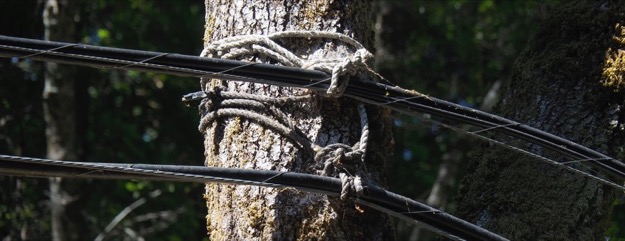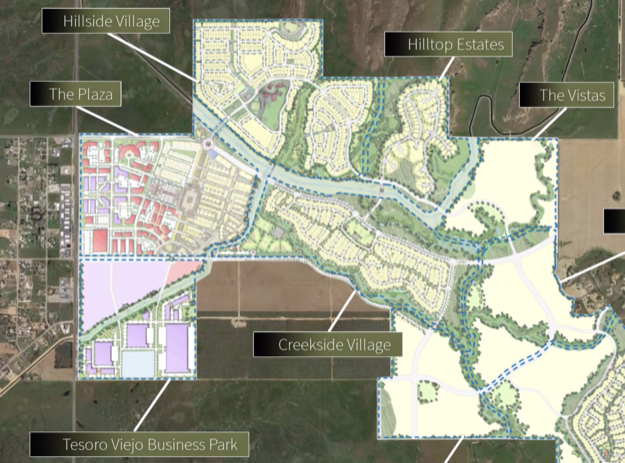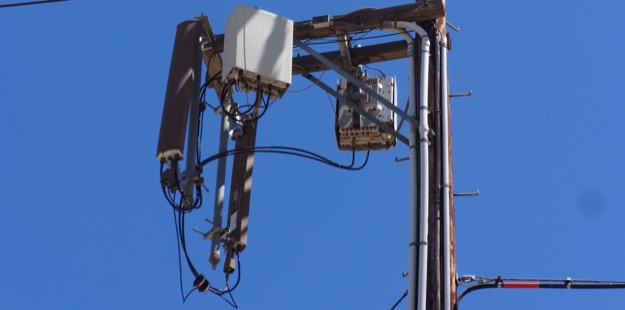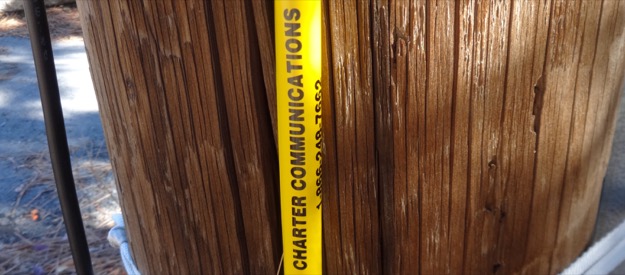Utilities shouldn’t bear damage costs alone, California wildfire report recommends
![U.S. Department of AgricultureSenior Airman Crystal Housman/California National Guard [Public domain], via Wikimedia Commons](https://www.tellusventure.com/images/2018/11/fire_choppers.jpg)
California governor Gavin Newsom’s wildfire “strike force” published its findings on Friday. The report offers suggestions for preventing, or at least reducing, catastrophic wildfires, and for paying for the damage when they do happen. The short answer is spread the costs around.
One of the central concepts floated by the report is to change California’s strict liability standard, which requires electric and telecoms utilities to pay for all wildfire damages if their equipment is involved in starting a fire, whether or not they did something wrong.… More



![istolethetv from Hong Kong, China [CC BY 2.0 (https://creativecommons.org/licenses/by/2.0)] El diablo](https://www.tellusventure.com/images/2019/el_diablo.jpg)


![Kurush Pawar from Dubai, United Arab Emirates [CC BY-SA 2.0 (https://creativecommons.org/licenses/by-sa/2.0)] Jet school bus2](https://www.tellusventure.com/images/2019/jet_school_bus2.jpg)
![By Matt Shirk [CC BY-SA 4.0 (https://creativecommons.org/licenses/by-sa/4.0)], from Wikimedia Commons](https://www.tellusventure.com/images/2018/6/online_privacy_declaration_of_independence_625.jpg)

